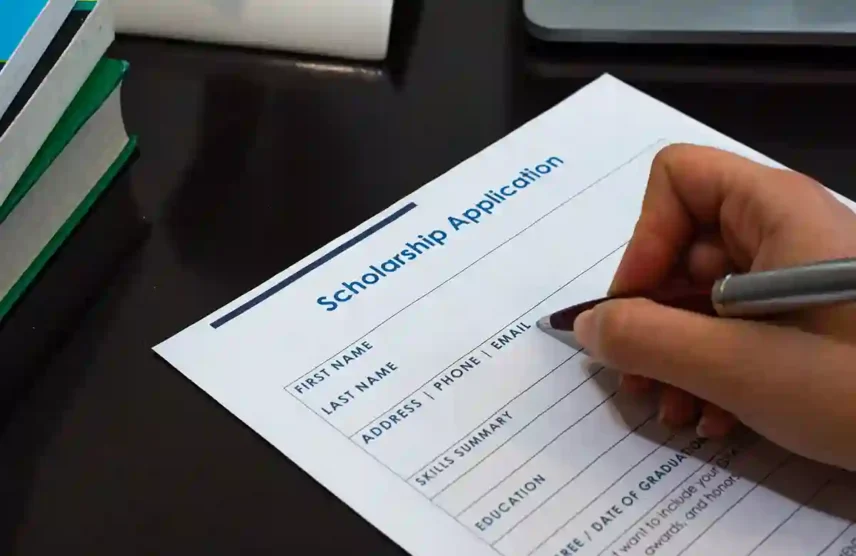You should apply for as many scholarships as you can in order to reduce your out of pocket expenses for college. Unfortunately, not all scholarships are legitimate and you should be cautious while conducting your search. How can you tell a real scholarship from a fake? Use these tips to become an informed scholarship applicant.
Questions to Ask:
Who is offering the scholarship?
It is a good idea to look for scholarships from organizations that you already know and trust. Check out awards from businesses and organizations that you are already familiar with, and from your future college. If you are looking at a scholarship from an organization you are unfamiliar with, do some research before you apply. Check out their website and see if there is a way to contact them directly. If you are still unsure, ask a trusted adult for help.
How did you learn about this scholarship?
Although you may learn about some scholarships directly from the provider, it is likely that your scholarship search will focus on resources that aggregate awards from many different sources. This includes online scholarship searches, scholarship lists from your school counselor, and more. If you learn about a new award from a resource that you trust, it is likely that the scholarship is valid. Click here to check out ScholarshipQuest for local and state awards in Nebraska, and check out EducationQuest’s list of trusted national search sites at the bottom of that page.
What information are they requesting?
All scholarships will request some of your information. Some examples of information gathered by legitimate scholarships are: Full name, address, phone number, email address, the high school and/or college that you’re attending, citizenship/residency status, academic information, and financial information from your FAFSA. Usually the type of information requested will make sense depending on what scholarship you’re applying for and the eligibility requirements. If you’re unsure why a scholarship provider might need a specific piece of information from you, reach out and ask.
Red Flags to Avoid
Never pay to apply!
There are enough free scholarship resources out there (like ScholarshipQuest) that you should never have to pay anything to search for or apply for scholarships. In fact, most scholarship resources that ask you to pay are just trying to scam you out of your money. It is likely that you would never see any scholarship money from them in return.
You’ve already won! (When you haven’t applied)
You may receive emails or other correspondence stating that you’ve already won a scholarship that you’ve never applied for. The majority of scholarships require some sort of application process, so it is best to avoid these ‘too good to be true’ options. The exception to this rule is the scholarship package that your college creates for you. In this situation, the college financial aid office would gather information from your admission file and award any scholarships that you meet the criteria for. Some college scholarships do still require an extra application, so reach out to the financial aid office if you are unsure.
Requesting Too Much Personal Identifiable Information (PII)
We talked earlier about information that legitimate scholarship applications request, but how much information is too much? To start with, no legitimate scholarship will ask for information such as your checking or savings account number, or your credit/debit card info. Some scholarships may request information about your college savings account (in Nebraska, this is your NEST 529 account), but this is for the purpose of depositing money, not withdrawing it. 529 accounts only allow the account owner and/or beneficiary to withdraw funds.
Then there’s your Social Security Number (SSN). Some legitimate scholarships do still request the SSN as part of the application process, but most scholarship providers have moved away from that practice. Check with the provider to see how your information will be used and how your privacy will be protected if they request your SSN.
Finding legitimate scholarships can be difficult. If you need help, talk to your school counselor or another trusted adult. Save your time and attention for legitimate scholarships and leave the fake ones behind!
